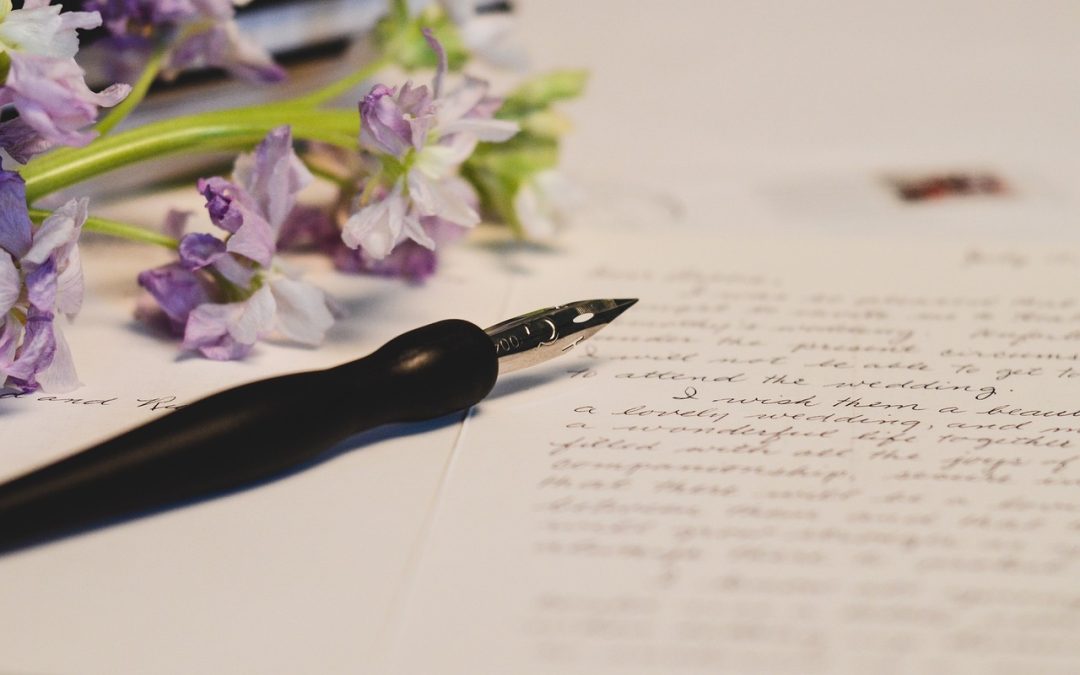When I first started writing poetry, I thought I was doing it all wrong. I’d stare at a blank page, wondering what made a poem a poem, and how I could possibly fill it with words that mattered. But the more I wrote, the more I realized that poetry is less about following rules and more about tapping into your own unique voice and perspective. As a beginner, it’s normal to feel uncertain, but with some guidance and practice, you can unlock the magic of poetry and make it your own.
Getting Started: Finding Your Inspiration
Before you begin writing, take some time to think about what inspires you. What are your passions, interests, and values? What makes you feel alive, and what do you care deeply about? Poetry is a powerful way to express your thoughts and emotions, so it’s essential to tap into what drives you.
One of the best ways to get started is to keep a journal or notebook dedicated to collecting ideas, observations, and insights. Take note of the world around you – the way the light falls on a leaf, the sound of rain on the roof, or the smell of freshly brewed coffee. These small details can become the sparks that ignite your poetry.
You can also draw inspiration from other poets and writers. Read widely, exploring different styles and forms, and pay attention to what resonates with you. What do you love about a particular poem or poet? What do you want to achieve in your own writing?
Crafting Your Poetry: Tips and Techniques
Now that you’ve found your inspiration, it’s time to start crafting your poetry. Here are some tips and techniques to help you get started:
- Start small: Begin with short, simple poems, and gradually build up to more complex forms and themes.
- Play with language: Experiment with different word choices, rhythms, and cadences to create a unique sound and style.
- Use sensory details: Incorporate sensory language to bring your poetry to life and engage your readers’ senses.
- Experiment with form: Try your hand at different forms, such as haiku, sonnets, or free verse, to discover what works best for you.
- Edit and revise: Poetry is often rewritten multiple times before it’s considered finished, so don’t be afraid to make changes and refine your work.
One of the most important things to remember is that poetry is a process, and it takes time to develop your skills. Don’t be too hard on yourself if your early attempts don’t turn out as expected – simply keep writing, reading, and learning, and you’ll see improvement over time.
Taking Your Poetry to the Next Level
As you become more confident in your writing, you may want to consider sharing your poetry with others. This can be a daunting prospect, but it’s a great way to connect with like-minded writers and readers, and to get feedback on your work.
One option is to self-publish a chapbook, a small, independent publication that showcases your poetry. This can be a powerful way to share your work with others, and to gain exposure as a writer. If you’re interested in learning more about self-publishing a chapbook, check out our guide on Essential Steps to Self-Publishing a Chapbook.
Another option is to submit your poetry to literary journals, magazines, or online publications. This can be a great way to get your work seen by a wider audience, and to gain credibility as a poet.
“Poetry is not only a dream and an vision; it is the skeleton architecture of our lives. It lays the foundations for a future of change, a bridge across our fears of what has never been before.” – Audre Lorde
To help you get started, consider using tools like Vellum or Canva to design and layout your chapbook or submissions. These software programs offer a range of templates and styles to help you create professional-looking publications.
When it comes to printing and binding your chapbook, consider using high-quality paper and binding methods that reflect your unique style and aesthetic. You can also explore different printing options, such as print-on-demand services, to make your chapbook more widely available.
Remember, writing poetry is a journey, not a destination. It takes time, patience, and practice to develop your skills, but with persistence and dedication, you can create poetry that moves and inspires others.
So, take a deep breath, grab your pen and paper, and start writing. Remember to be kind to yourself, to experiment and take risks, and to always keep learning and growing. And most importantly, have fun – poetry is a journey worth taking!

